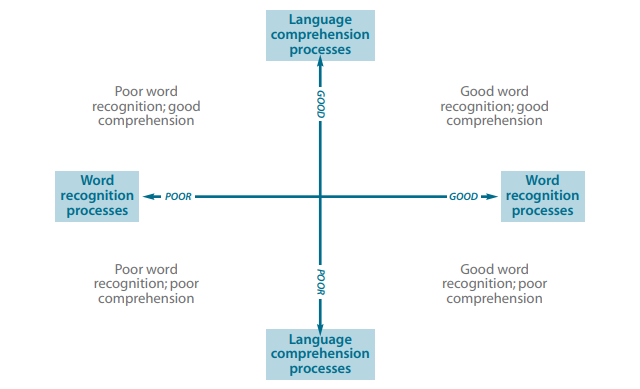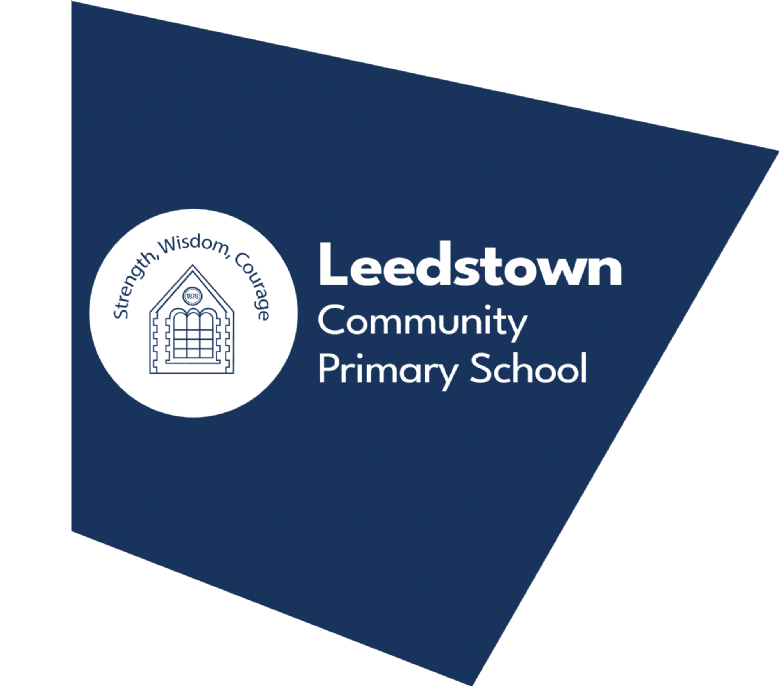Phonics and Reading
"Teaching synthetic phonics in a systematic way, drives up standards in reading and writing".
At Kernow Learning we are passionate that all children become accurate, fluent, readers, who choose to read for pleasure. We know that reading is the key to learning; once a child has learned to read, they can read to learn.
Across our Trust we use two of the UK’s leading systematic synthetic phonics (SSP) programmes to teach all pupils how to read. For the reading scheme for our school, please visit the "Our Curriculum - Reading" section of the website.
Phonics is teaching reading and spelling through understanding the relationship between the different sounds in the English language (phonemes) and the letters or groups of letters that represent those sounds (graphemes). Synthetic phonics is the skill of blending sounds to read and segmenting words to spell.
Our teachers are fully trained and supported to be experts in the teaching of reading and understand the importance of both dimensions of the simple view of reading: language comprehension and word reading.

When teaching word recognition (decoding), children will:
· Learn the 44 sounds (phonemes)and the corresponding letter/letter groups (graphemes)
· Learn to blend known sounds to read words
· Learn to read common exception words
· Practise reading known sounds using incrementally matched decodable books- at school and at home
· Engage in discussion about decodable texts to develop skills of comprehension
When teaching spelling (encoding), children will:
· Learn to write and form the letter/letter groups (graphemes) which represent the 44 sounds
· Learn to spell by encoding spoken words into written sounds
· Learn to write simple sentences by encoding words containing known graphemes
Pupils in all Kernow Learning schools are regularly assessed to ensure that they are making good progress in phonics. If a pupil is making slower progress they are provided with additional support so they can keep up with their peers and meet age-related expectations. Additional support is high quality, aligned to the school’s SSP programme and delivered by a fully trained member of staff.
